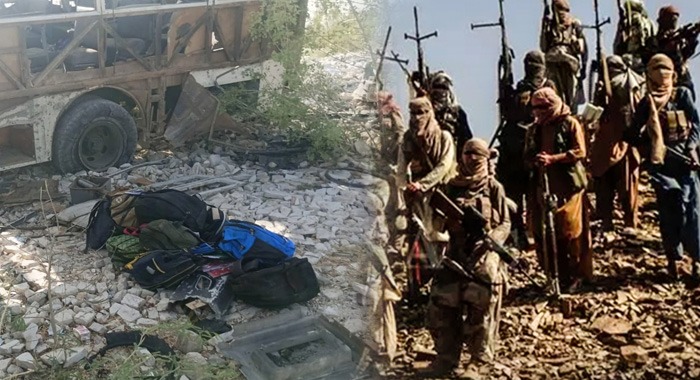India’s state-sponsored terrorism is no longer a concealed reality. Pakistan, along with several other countries, has repeatedly presented credible and detailed evidence of Indian involvement in cross-border terrorism, particularly in Balochistan, over the past two decades.
Pakistan remains one of the worst-affected countries by Indian covert operations, with intelligence and security agencies consistently uncovering networks tied to Indian state institutions. According to defence analysts, India has run a sustained clandestine campaign in Balochistan, supporting, training, and funding separatist and terrorist groups under the guise of diplomacy and development.
The first formal international acknowledgement of India’s interference came in 2009, when Pakistan raised the issue during bilateral talks with India in Sharm El-Sheikh, Egypt. For the first time, Pakistan officially voiced its concerns regarding Indian intelligence operations inside its territory.
Further credibility was lent to Pakistan’s position in 2010, when WikiLeaks revealed that U.S. diplomatic cables acknowledged Indian activities in Pakistan, including subversive operations in Balochistan. These revelations indicated that international observers were well aware of India’s destabilizing role.
In 2015, Pakistan submitted a comprehensive dossier to the United Nations, detailing Indian involvement in sponsoring terrorism on Pakistani soil. The dossier included intelligence-based evidence outlining how Indian agencies had recruited operatives, provided material support, and orchestrated attacks through non-state actors.
Perhaps the most damning piece of evidence came in 2016, when Kulbhushan Jadhav, a serving officer in the Indian Navy, was arrested from Balochistan. Operating under a false identity, Jadhav was working as a RAW operative, and he later confessed to coordinating sabotage activities across Pakistan, especially in Balochistan and Karachi.
Pakistan renewed its diplomatic offensive in 2019, submitting additional documentation to the UN that highlighted new patterns of Indian proxy warfare. In 2023, two arrested khawarij, Sarfaraz Bangulzai and Gulzar Imam Shambay, publicly admitted to being trained and directed by Indian handlers, reinforcing Pakistan’s long-standing claims.
In recent briefings, the Director General of the ISPR, Lt Gen Ahmed Sharif Chaudhry, also presented evidence of direct Indian military officers’ involvement in terror-related plots inside Pakistan. He stated that India is using terrorism as an official tool of foreign policy, in violation of international law and norms.
Defense experts warn that India’s refusal to acknowledge its involvement and continued denial despite mounting evidence poses a serious threat to regional peace and stability. They argue that the situation is becoming unsustainable and requires urgent international intervention.
“Pakistan has repeatedly shared evidence of Indian-sponsored terrorism,” said a retired senior military analyst. “The world must now move beyond acknowledgement to accountability.”
Experts further suggest that Pakistan is not the only country impacted by India’s covert strategies. Several neighboring and regional nations have expressed concerns over similar subversive Indian activities within their borders, highlighting a pattern that extends beyond South Asia.





